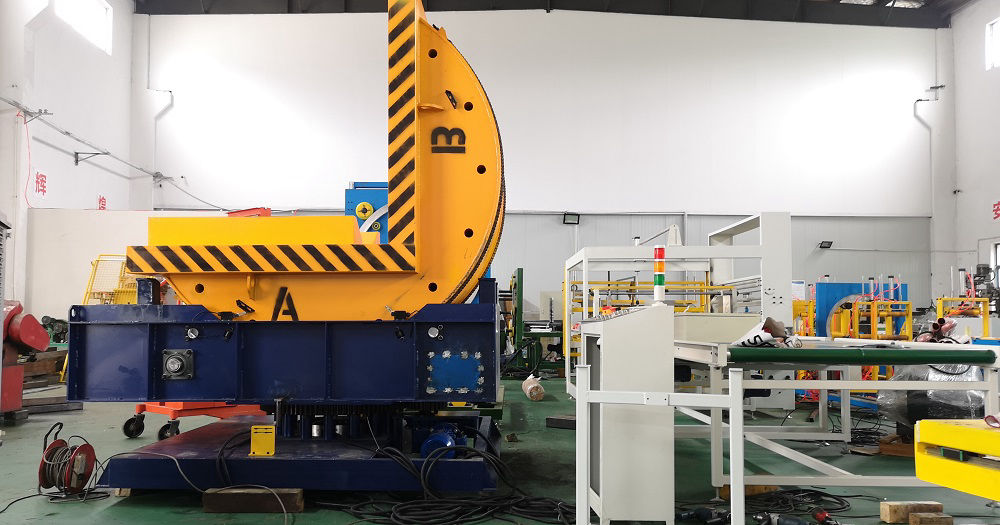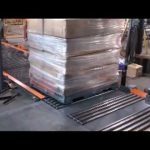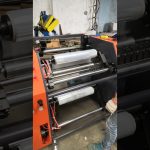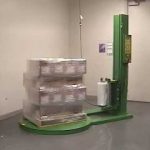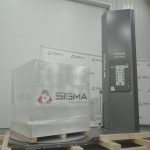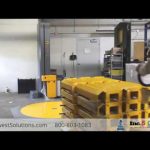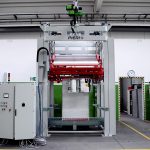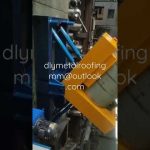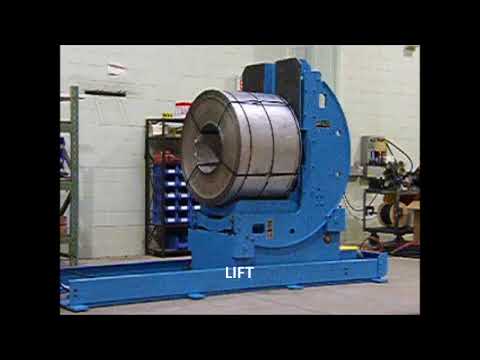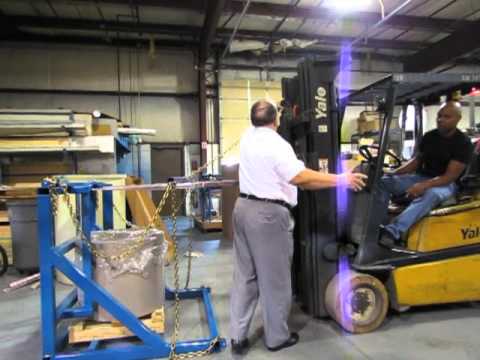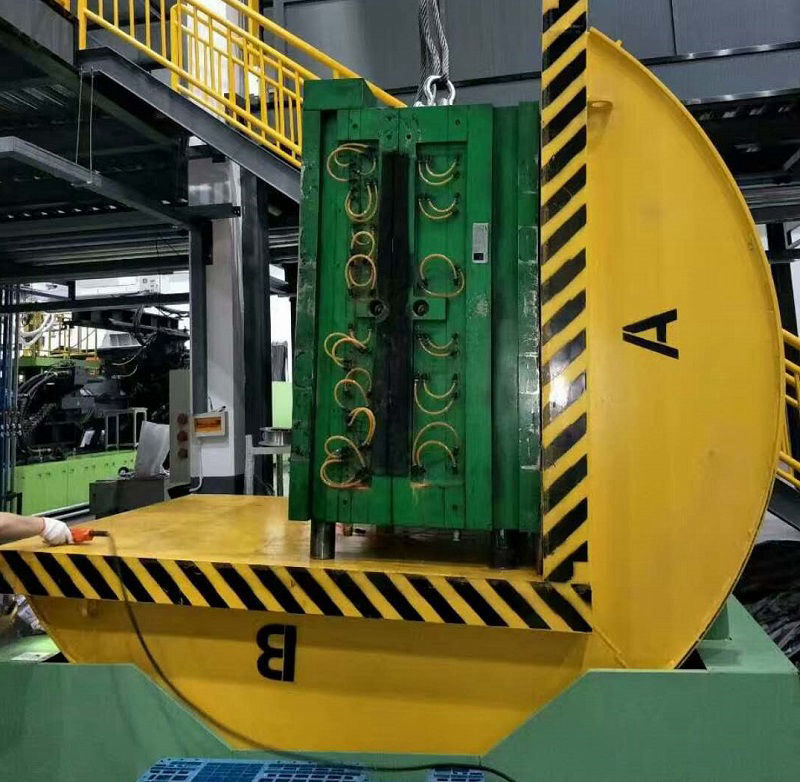
Introduction:
Those who have used the equipment know that proper equipment maintenance is also important for ensuring optimal performance, minimizing downtime, and extending its lifespan.
The maintenance of FHOPE mold upender is convenient and easy to manage.
This article provides basic skills and best practices on how to keep FHOPE equipment in optimal condition.
As long as these guidelines are followed, mold suppliers can benefit from FHOPE equipment in the long term, improve operational efficiency, reduce maintenance costs, and maximize investment returns.
Create maintenance plan:
FHOPE recommends that you develop a comprehensive maintenance plan, including regular inspections, cleaning, lubrication, and any necessary adjustments or replacements.
FHOPE supports you in adhering to a structured maintenance plan to ensure that your equipment receives the necessary attention, preventing potential unexpected failures and minimizing unnecessary repair costs.
Conduct regular inspections:
If the mold supplier can conduct routine inspections to identify any signs of wear, damage, or abnormalities, such as checking for loose or damaged components, leaks, abnormal noise, and abnormal vibration.
FHOPE sincerely thanks you for resolving potential issues early and preventing them from escalating into major issues that could lead to production stoppages and prolonged downtime.
Keep the equipment clean:
Regularly clean your equipment to remove dirt, debris, and pollutants that may affect performance and cause premature wear.
Please follow the manufacturer’s cleaning method guidelines and use appropriate tools and cleaning agents.
Pay special attention to filters, vents, and cooling systems to ensure they are unobstructed.
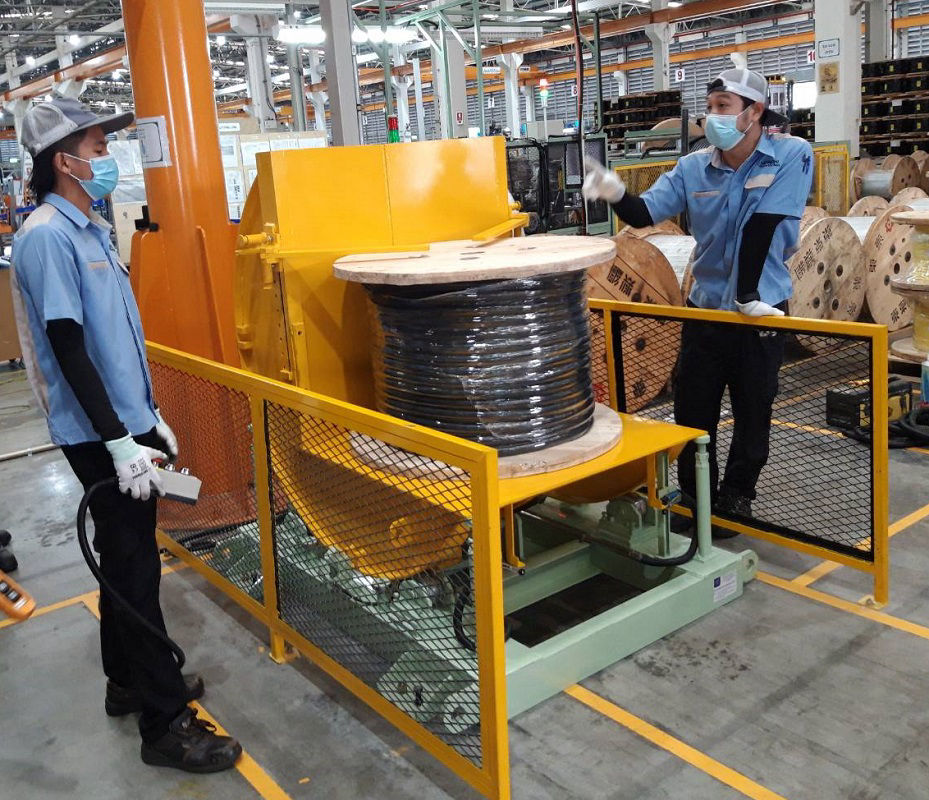
Lubrication and fluid maintenance:
Proper lubrication is crucial for reducing friction and preventing excessive wear.
Please follow the manufacturer’s recommendations for lubrication intervals and use the correct type and amount of lubricant.
Similarly, monitor the liquid level and quality, such as oil, coolant, or hydraulic oil, and regularly replace or add as needed.
Training and educating operators:
Mold suppliers are requested to ensure that equipment operators receive appropriate training on how to operate and maintain the machine correctly.
If the supplier has personnel changes or missing document management, they can contact FHOPE at any time to receive training on correct operation and maintenance of the equipment.
Operators should understand the importance of following maintenance procedures, identifying warning signals, and promptly reporting any issues.
FHOPE also encourages operators to conduct basic checks before and after each use, such as checking for loose bolts, abnormal sounds, or liquid leaks in the hydraulic flipper.
Maintain cooperation with FHOPE:
Based on years of experience in the equipment industry, FHOPE mold manufacturers maintain open communication with us at all times, which will help with the normal and correct operation or system updates of your equipment.
We can provide some useful insights, provide specific maintenance guidelines and recommend original spare parts, as well as industry trends.
Keeping in touch with FHOPE can also help you stay informed about any product development, software updates, or improvements that may improve device performance.
Record and track maintenance activities:
FHOPE encourages you to keep detailed records of all maintenance activities year-round, such as inspection dates, repair and replacement parts information.
These documents can help you track the maintenance history of your equipment, identify recurring issues, and plan future maintenance tasks or new procurement plans.
These contents can also serve as data support for FHOPE’s technical services.
Conclusion:
From the above discussions, it can be seen that in active communication with FHOPE, mold manufacturers can effectively maintain equipment, which is crucial for maximizing productivity, minimizing downtime, and extending equipment life.
By implementing proactive maintenance strategies, including regular inspections, cleaning, lubrication, and appropriate operator training, FHOPE always supports manufacturers in optimizing equipment performance, reducing maintenance costs, and ensuring smooth and efficient operation.
